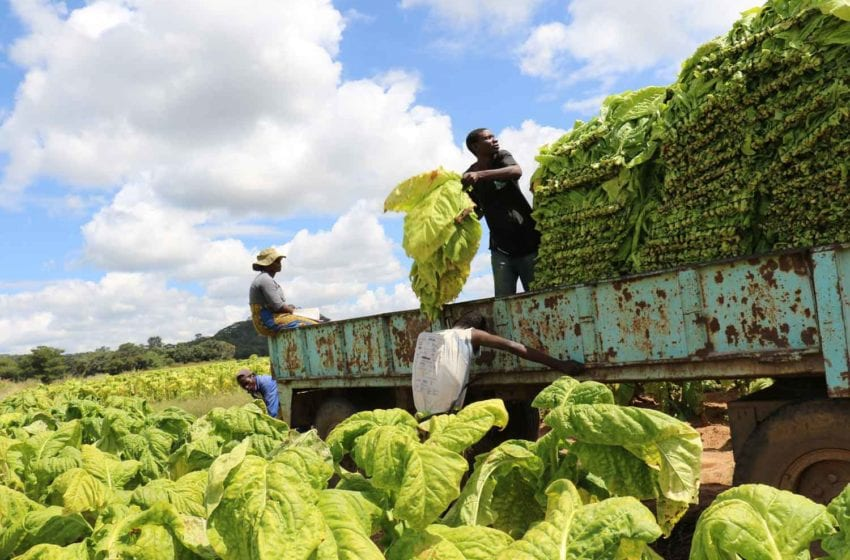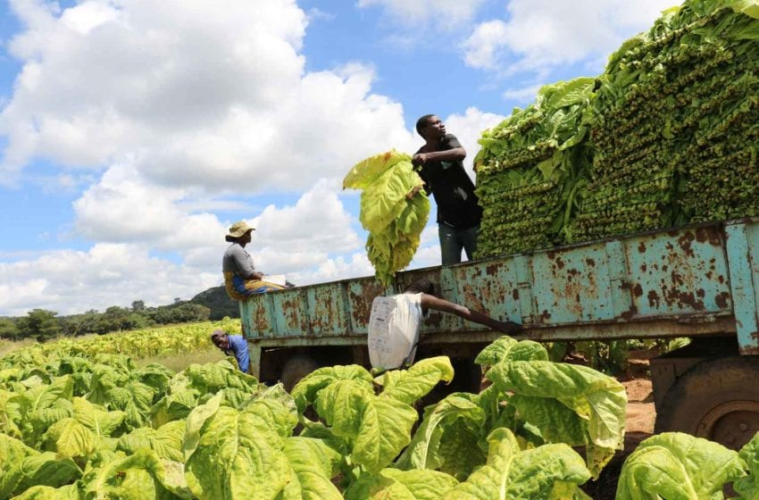New research conducted by the Federal University of Rio Grande do Sul on behalf of the Interstate Tobacco Industry Union (SindiTabaco) has revealed that grow farmers in southern Brazil earn an average monthly income of BRL3,935.40 ($785.08) from their crops. This income is significantly higher than the average per capita income in Brazil, which was BRL1,625 in 2022, according to data from the Brazilian Institute of Geography and Statistics.

When considering all sources of income, the average monthly income for grow farmers in southern Brazil is BRL11,755.30. The research also showed that 73 percent of tobacco farmers in the region have additional sources of income, such as income from the cultivation of other crops, land leases, or financial investments.
In terms of housing, nearly 73 percent of tobacco farmers live in masonry houses, while almost 72 percent have three or more bedrooms per household. All households have at least one bathroom or toilet. Additionally, almost all households (98.6 percent) have access to electrical energy through the national power grid, and almost 100 percent have heated water.
Transportation and property ownership were also assessed in the survey. It was found that 100 percent of tobacco farmers surveyed own an automobile, while 137 percent own a property in addition to their home.
Education levels were another aspect examined in the research. Nearly 60 percent of those surveyed have more than eight years of schooling, indicating that they have completed their elementary education or more. Among them, 32.2 percent have more than 11 years of schooling, corresponding to high school, and some have taken college courses.
The survey was conducted between June 30 and July 20, 2023, and covered 37 municipalities in the tobacco-growing states of Rio Grande do Sul, Santa Catarina, and Parana.
Tobacco Importance of Southern Brazil’s Rural Areas
SindiTabaco President Iro Schuenke emphasized the economic and social importance of tobacco in rural areas, stating that the results of the research confirm this. Schuenke added that the findings may be surprising to those who still believe in information based on ideology, but they come as no surprise to those familiar with the tobacco sector.


